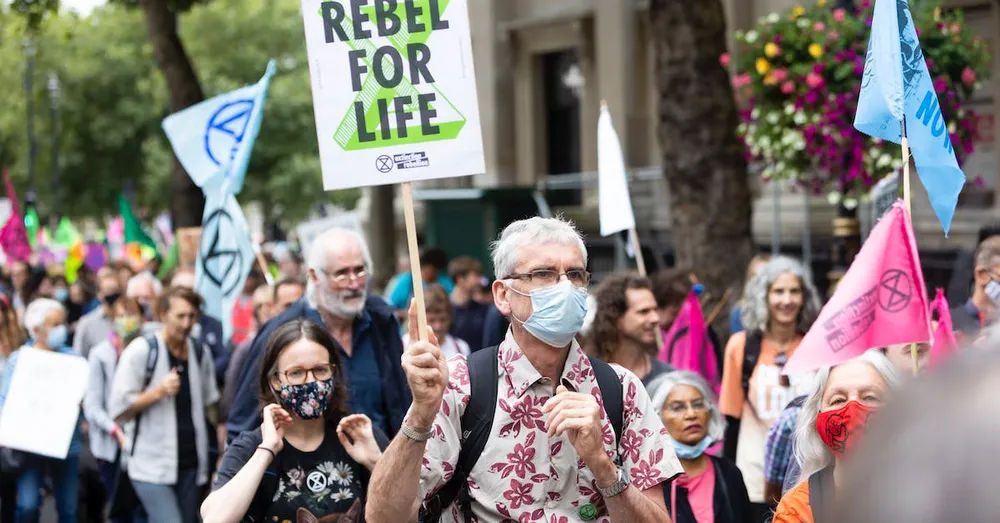Overcoming Barriers to Change: Understanding and Addressing the Reasons Why People Resist Transformation

- Fear of the unknown
One of the most common reasons people resist change is fear of the unknown. When faced with something new and unfamiliar, it's natural to feel a sense of uncertainty and anxiety. This fear can be heightened when the change is significant and affects multiple aspects of our lives. To overcome this barrier, it's important to educate yourself about the change and its potential impact. Seek out information, talk to others who have gone through similar changes, and make a plan to manage any potential negative effects.
- Lack of motivation
Another barrier to change is lack of motivation. When we don't see the value in making a change, it's easy to let it fall by the wayside. This can happen when the change is not aligned with our values or goals, or when we don't see the potential benefits. To overcome this barrier, it's important to identify what is motivating you to make the change and to remind yourself of those reasons regularly. You can also try to find ways to make the change more meaningful or relevant to your life.
- Difficulty in implementing change
Sometimes, people resist change because they don't know how to implement it. This can be particularly challenging when the change is complex or requires a significant amount of time and resources. To overcome this barrier, it's important to break the change down into manageable steps and to seek out the necessary resources and support to move forward.
- Resistance to loss
Change often involves loss, whether it's the loss of a familiar routine, a sense of control, or a valued relationship. This can be difficult to accept and can lead to resistance. To overcome this barrier, it's important to acknowledge and accept the loss and to find ways to cope with it. This can include seeking out support from friends or a professional, finding new activities or hobbies to fill the void, or focusing on the potential positive outcomes of the change.
- Negative past experiences
Previous negative experiences with change can make it difficult to approach future changes with an open mind. When we associate change with failure or disappointment, it can be hard to overcome that association. To overcome this barrier, it's important to address and overcome past traumas and to focus on the present change. Try to set realistic expectations and remind yourself of the progress you've made.
- Limited resources
Finally, lack of resources can be a significant barrier to change. This can include financial resources, time, or support. When resources are limited, it can be difficult to see how change is possible. To overcome this barrier, it's important to explore all options and to prioritize the most important steps. You may also want to seek out additional resources, such as financial assistance or support from friends and family.
In conclusion, change can be a difficult process, but it is important to remember that there are many reasons why people resist change and many ways to overcome these barriers. By understanding the reasons behind resistance and taking steps to address them, you can increase the chances of success. Remember to be patient with yourself and to celebrate the small wins along the way. With the right mindset, support, and resources, you can achieve your goals and make the changes you desire.
Another important aspect to consider when trying to change is the power of self-talk. Self-talk is the inner dialogue that we have with ourselves, and it can play a significant role in shaping our perceptions, attitudes, and behavior. Negative self-talk, such as thoughts of self-doubt, can be a powerful barrier to change. To overcome this, it's important to challenge negative self-talk and replace it with positive thoughts and affirmations.
For example, instead of saying I can't do this or I'll never be able to change, try to reframe your thoughts to I can do this and I am capable of change. It's also important to remind yourself of past successes and to focus on the progress you've made, rather than dwelling on any setbacks or failures. This will help to build confidence and motivation.
Another way to overcome barriers to change is to build a support system. Having a support system can provide the motivation, accountability, and resources you need to achieve your goals. You can build a support system by seeking out friends, family, or professionals who can help you along the way. You can also join a support group or find an accountability partner who can help you stay on track.
Additionally, setting realistic and specific goals is critical for change. When we set unrealistic or vague goals, we are more likely to become overwhelmed and give up. Instead, set clear, specific and measurable goals that can be achieved in a reasonable amount of time. Break the goals down into smaller, manageable steps and make a plan to achieve them. This will help to keep you focused and motivated.
In conclusion, change is never easy, but it is possible. By understanding the reasons why people resist change, and by taking steps to overcome these barriers, you can increase the chances of success. Remember to be patient with yourself, to celebrate the small wins along the way, and to surround yourself with a supportive network. With the right mindset, support, and resources, you can achieve your goals and make the changes you desire.
Комментарии
Отправить комментарий